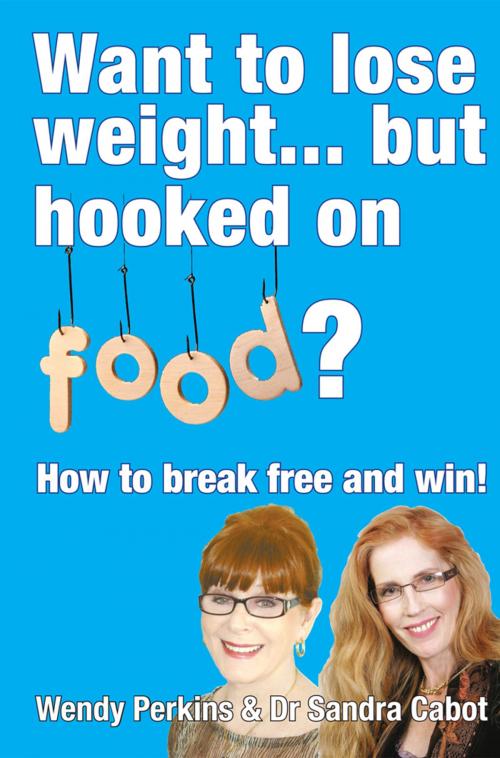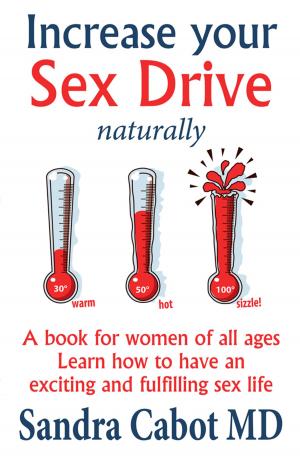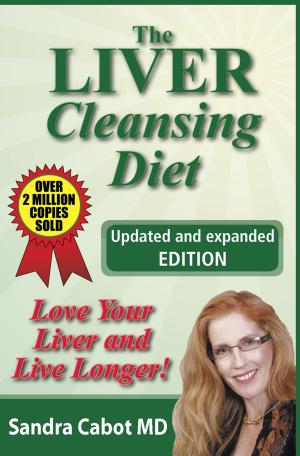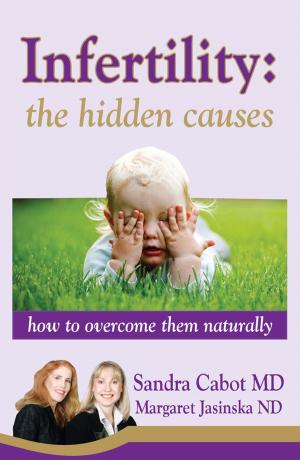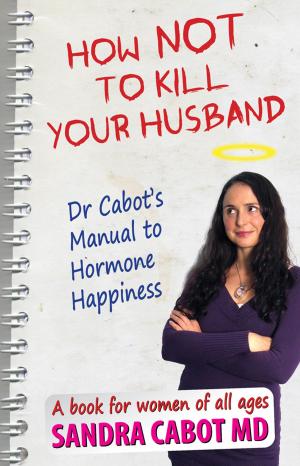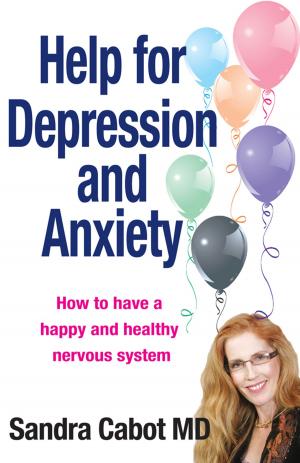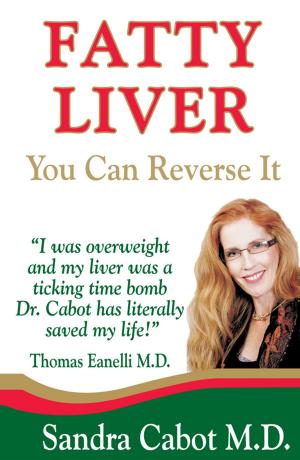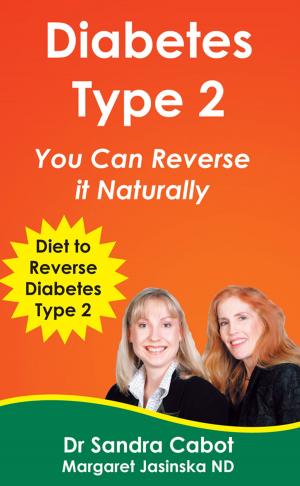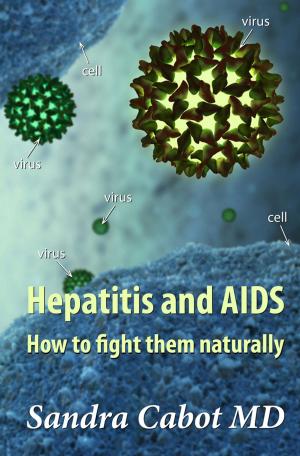Want to Lose Weight but hooked on food?
Nonfiction, Health & Well Being, Health, Nutrition & Diet, Weight Loss| Author: | Sandra Cabot MD, Wendy Perkins | ISBN: | 9781936609055 |
| Publisher: | SCB International Inc. | Publication: | January 1, 2009 |
| Imprint: | SCB International Inc. | Language: | English |
| Author: | Sandra Cabot MD, Wendy Perkins |
| ISBN: | 9781936609055 |
| Publisher: | SCB International Inc. |
| Publication: | January 1, 2009 |
| Imprint: | SCB International Inc. |
| Language: | English |
During my years of research into emotional overeating, I found one of the major problems that kept people from achieving their goal weight was their toxic belief system. No matter what they did what diet they pursued or how much they exercised nothing happened. Their limited belief system held them back, or their achievements were short-lived. This limited belief system is the reason behind the negative selftalk, which leads to negative feelings, which lead to emotional overeating. This book will show you how to: Control emotional eating Eliminate toxic beliefs and negative feelings Understand the often-complex nature of brain chemistry and its impact on addictive behaviour, including overeating. Develop strategies to help you in your quest to lose weight and keep it off. Many obese people come from dysfunctional families. This doesnt necessarily mean they have alcohol or drugrelated backgrounds, but nonetheless, their upbringing was not normal. The trouble is, many people dont know what normal is until they have been in a dysfunctional environment for many years and the emotional damage has been done, which generally occurs before the age of seven years. Co-dependency is a pattern of abnormal dependency on approval from others in an attempt to find self-worth, selfesteem and identity. People with emotional overeating problems would probably identify with the words: people pleasing, as this is a sweet-sounding name for what, to many people, actually is a serious psychological problem. Co-dependency is also the extreme exaggeration of natural and normal behaviour with work, eating, spending, sexuality, etc., requiring moderation by changing belief systems. Not all overeaters have experienced dysfunctional lifestyles, but this book is about people who have developed codependency issues through learned behaviour while growing up in an unstable environment. Not everyone has serious side effects from co-dependency. Many can manage life without seeking outside assistance to clear away the debris. However, overeaters do have a good reason to investigate why their emotions play havoc with food intake, once they learn that emotional overeating is but a symptom of a more serious underlying emotional problem. This book will provide you with answers to some elusive weight-loss problems and solutions to boosting self-esteem. You will be able to: Achieve a healthy weight Maintain your goal weight Achieve and maintain healthy relationships. You will also learn how to retrain your living skills that have been affected by co-dependency issues. Brain Chemistry Brain chemistry is another factor to consider if you are hooked on food. It is the interaction between ones own manufactured brain chemicals and ones behaviour, whether that be ingesting sugar or other chemicals or acting out behaviour, that stimulates the brain to establish compulsive and addictive behavioural patterns. Certain neurotransmitters give us an excessive rush when we ingest addictive chemicals, resulting in a compulsion to keep the feel good rush coming. We manipulate our moods by looking for stimulants like sugar, alcohol, drugs or nicotine to make us feel better. This behaviour is repeated when we engage in repetitive behaviours like running, overeating, relationship dependency, workaholism, gambling, addictive shopping sprees and sexual activities, to release our inner chemicals that give us that feel good rush. Foods containing sugar are the drug of choice of many co-dependents. Our chemical and behavioural patterns are the results of being co-dependent, not the cause. There is a correlation between brain chemistry, co-dependency and emotional overeating. Research has shown that overeating may be caused by the neurotransmitter dopamine. Dopamine is a chemical that helps us feel pleasure, thus when we eat, we often feel a slight high. Research has also shown that when we overeat, dopamine receptors are slightly depleted in the brain. In fact, people who have previously had trouble cutting down on food show strong evidence of dopamine receptor depletion. If there are fewer dopamine receptors in the brain, a person will have to eat more just to get that same good feeling. This means that an obese person is going to have to eat a larger amount of food to feel the same amount of pleasure that a slimmer person would feel from a much smaller amount. This book will teach you about the neurotransmitter associated with overeating and how amino acid supplements can correct your brain deficiency.
During my years of research into emotional overeating, I found one of the major problems that kept people from achieving their goal weight was their toxic belief system. No matter what they did what diet they pursued or how much they exercised nothing happened. Their limited belief system held them back, or their achievements were short-lived. This limited belief system is the reason behind the negative selftalk, which leads to negative feelings, which lead to emotional overeating. This book will show you how to: Control emotional eating Eliminate toxic beliefs and negative feelings Understand the often-complex nature of brain chemistry and its impact on addictive behaviour, including overeating. Develop strategies to help you in your quest to lose weight and keep it off. Many obese people come from dysfunctional families. This doesnt necessarily mean they have alcohol or drugrelated backgrounds, but nonetheless, their upbringing was not normal. The trouble is, many people dont know what normal is until they have been in a dysfunctional environment for many years and the emotional damage has been done, which generally occurs before the age of seven years. Co-dependency is a pattern of abnormal dependency on approval from others in an attempt to find self-worth, selfesteem and identity. People with emotional overeating problems would probably identify with the words: people pleasing, as this is a sweet-sounding name for what, to many people, actually is a serious psychological problem. Co-dependency is also the extreme exaggeration of natural and normal behaviour with work, eating, spending, sexuality, etc., requiring moderation by changing belief systems. Not all overeaters have experienced dysfunctional lifestyles, but this book is about people who have developed codependency issues through learned behaviour while growing up in an unstable environment. Not everyone has serious side effects from co-dependency. Many can manage life without seeking outside assistance to clear away the debris. However, overeaters do have a good reason to investigate why their emotions play havoc with food intake, once they learn that emotional overeating is but a symptom of a more serious underlying emotional problem. This book will provide you with answers to some elusive weight-loss problems and solutions to boosting self-esteem. You will be able to: Achieve a healthy weight Maintain your goal weight Achieve and maintain healthy relationships. You will also learn how to retrain your living skills that have been affected by co-dependency issues. Brain Chemistry Brain chemistry is another factor to consider if you are hooked on food. It is the interaction between ones own manufactured brain chemicals and ones behaviour, whether that be ingesting sugar or other chemicals or acting out behaviour, that stimulates the brain to establish compulsive and addictive behavioural patterns. Certain neurotransmitters give us an excessive rush when we ingest addictive chemicals, resulting in a compulsion to keep the feel good rush coming. We manipulate our moods by looking for stimulants like sugar, alcohol, drugs or nicotine to make us feel better. This behaviour is repeated when we engage in repetitive behaviours like running, overeating, relationship dependency, workaholism, gambling, addictive shopping sprees and sexual activities, to release our inner chemicals that give us that feel good rush. Foods containing sugar are the drug of choice of many co-dependents. Our chemical and behavioural patterns are the results of being co-dependent, not the cause. There is a correlation between brain chemistry, co-dependency and emotional overeating. Research has shown that overeating may be caused by the neurotransmitter dopamine. Dopamine is a chemical that helps us feel pleasure, thus when we eat, we often feel a slight high. Research has also shown that when we overeat, dopamine receptors are slightly depleted in the brain. In fact, people who have previously had trouble cutting down on food show strong evidence of dopamine receptor depletion. If there are fewer dopamine receptors in the brain, a person will have to eat more just to get that same good feeling. This means that an obese person is going to have to eat a larger amount of food to feel the same amount of pleasure that a slimmer person would feel from a much smaller amount. This book will teach you about the neurotransmitter associated with overeating and how amino acid supplements can correct your brain deficiency.
